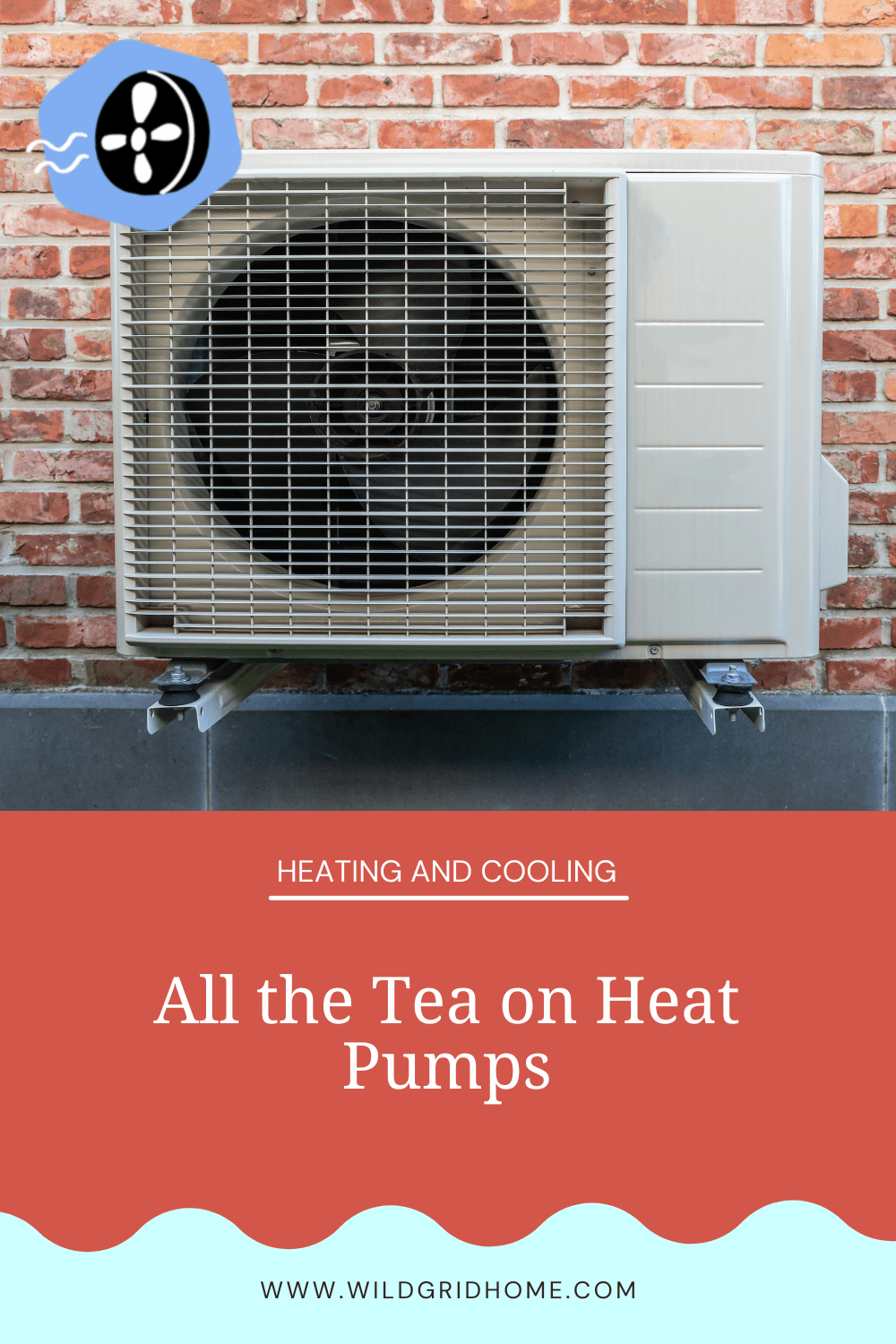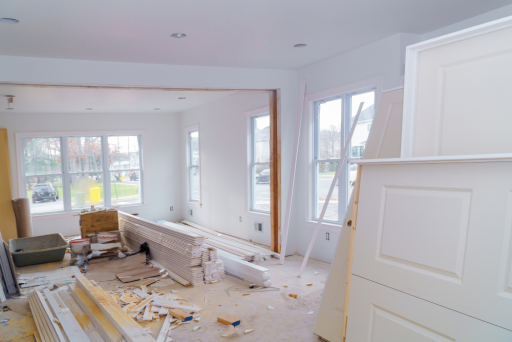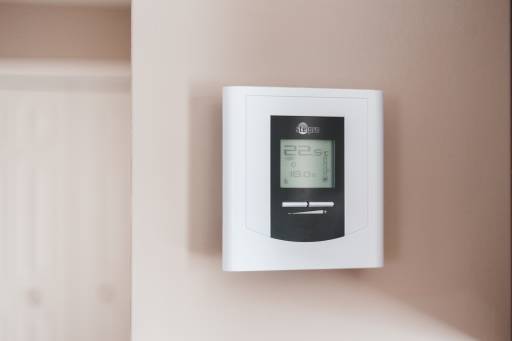The Ultimate Guide to Heat Pumps: What They Are, How They Work, & Why You Should Get One
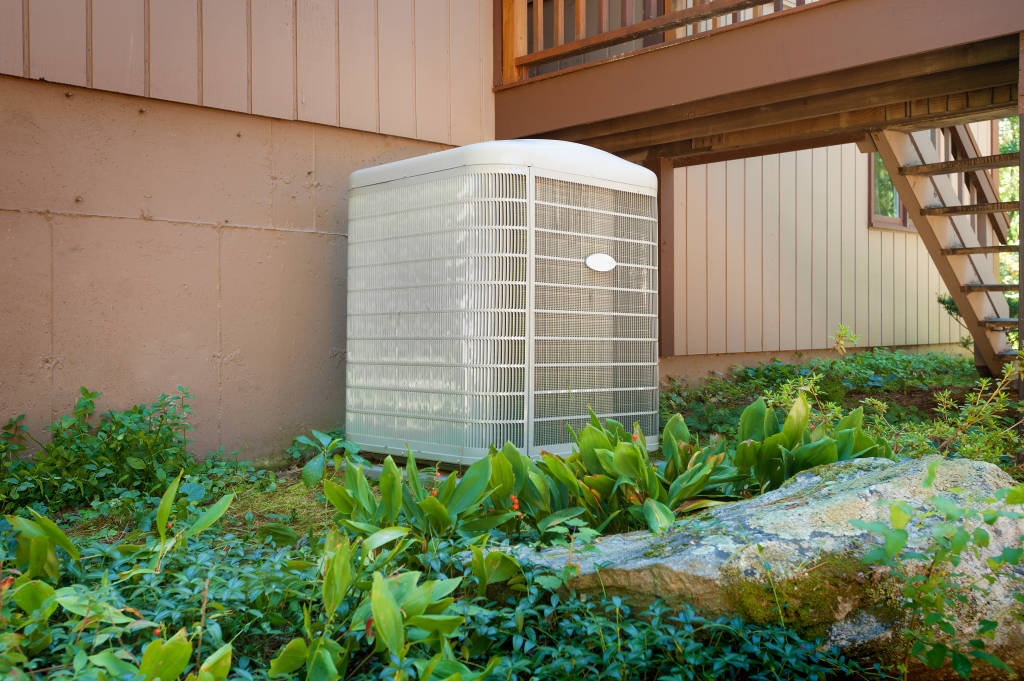
Heat pumps are having their star moment.
With the realities of energy insecurity becoming clear following Russia’s attack on Ukraine, and the clear and present need to end our toxic relationship with fossil fuels in the face of climate change, many people are seeking more reliable, efficient, and green methods of heating their homes.
But… what exactly is a heat pump?
@wildgridhome heat pumps + physics are that girl 🥵⛽️ #energyefficiency #homeenergy #homeelectrification #heatpumps
♬ Sunshine - WIRA
What the heck are heat pumps? 🤔
Heat pumps are an up-and-coming alternative to traditional HVAC systems. While more and more households have started to use electricity for their heating needs in recent years, the majority still rely directly on fossil fuel combustion.
The 2020 Residential Energy Consumption Survey conducted by the U.S. Energy Information Administration reported that 68.5% of homes in the U.S. are heated using fossil fuels, with the most common system being a natural gas furnace.
The most important difference between heat pumps and fossil fuel powered heating systems is that while traditional heaters generate AND transfer heat in order to warm a building, heat pumps just transfer heat from natural sources.
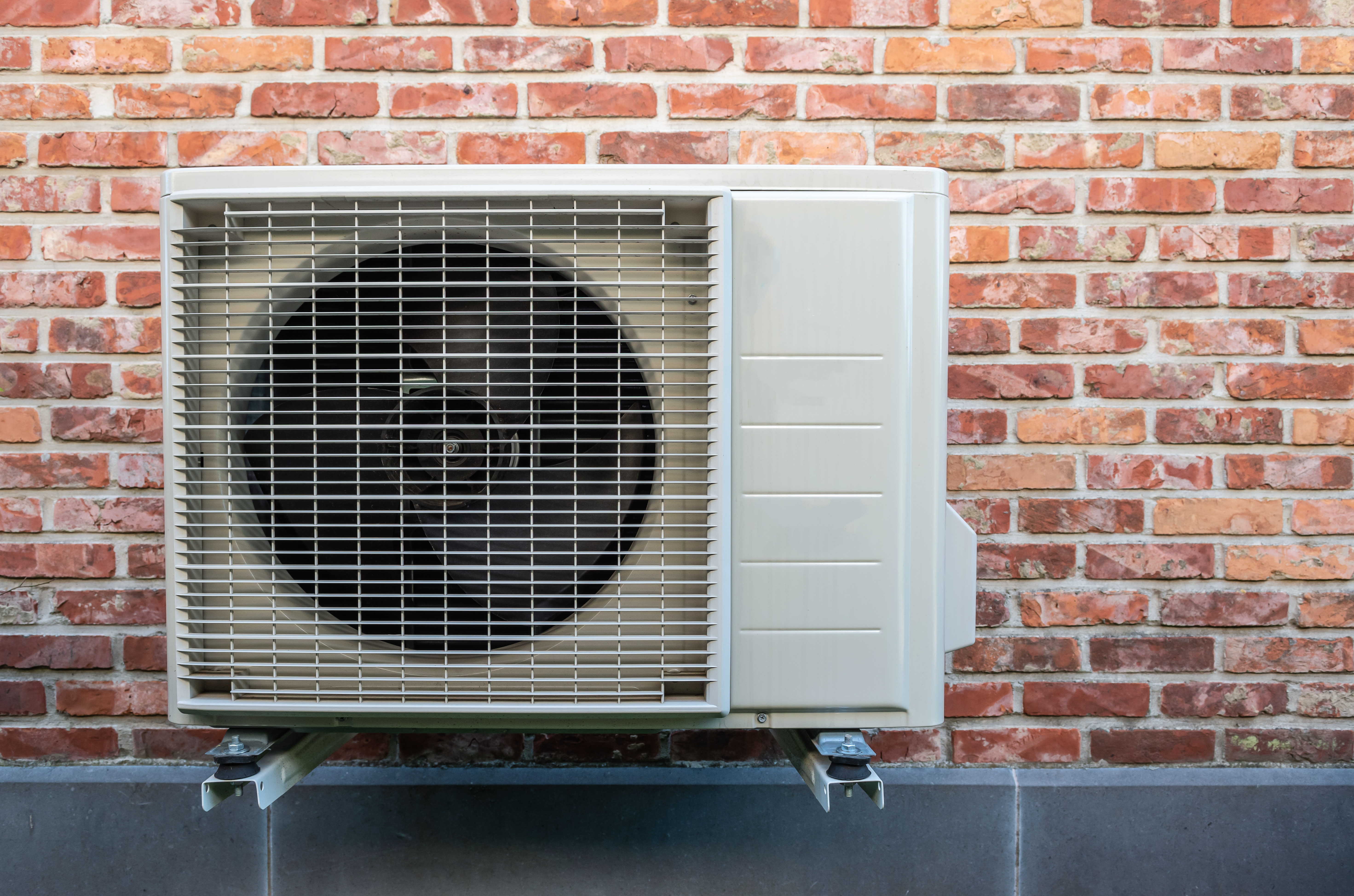
So tell me… How do heat pumps work?
It’s actually pretty neat. Heat pumps are often compared to air conditioners and refrigerators, because they use pretty much identical technology to exploit your favorite subject in high school physics: thermodynamics. 🤓
Before we jump into the nitty-gritty details of heat pumps, let’s do some review. There are three key principles that allow heat pumps to work their magic:
🌡️ Remember that temperature is actually a measure of “thermal energy.” Things that are “hot” have a lot of thermal energy, while things that are “cold” have less thermal energy. For something to have NO thermal energy, it would have to be -459.67 degrees Fahrenheit. In other words: stupid cold. So even when it’s freezing outside, there’s still thermal energy present in the air.
💨 For gasses, temperature is “directly proportional” to pressure. This means that the more pressurized a gas is, the hotter it gets. The less pressurized it is, the cooler it gets, and it may even “condense” into a liquid.
🧊 Thermal energy naturally wants to flow from hot to cold. The reason why an ice cube melts when you hold it in your hand is because the thermal energy is flowing from your hot hand into the cold ice cube. This automatic flow along the gradient from hot to cold, high energy to low energy, is the crucial thing that allows heat pumps to do their thang.
What makes up a heat pump?
Heat pumps usually have two components: one goes inside of your house, and the other is connected to a natural source of thermal energy (remember, this source doesn’t have to be “hot” – it doesn’t even have to be hotter than your house! As long as there’s enough thermal energy to capture, it’ll do).
The second component of most heat pumps is just outside, the source of thermal energy being the outside air; however, some are connected to nearby water sources, or even the ground.
Both components contain a coil that circulates a refrigerant – a chemical with a special temperature-related property: a low boiling point.
How does a heat pump heat your house?
When you want to heat your house, an air pump (or an “expansion device”) within the heat pump are used to depressurize the refrigerant before it is sent to the source component’s coil. This causes the refrigerant to become a low energy, low temperature liquid that easily absorbs thermal energy from its environment.
So, it does just that! It absorbs thermal energy from the source, and this causes it to increase in temperature. Because of that low boiling point, it quickly evaporates into a gas. 🌫️
This gas is then transported to the coil in the indoor component of the heat pump, but on the way, another air pump (the “compressor”) is used to increase the pressure, heating up the refrigerant even more (thanks to that directly proportional relationship between pressure and temperature!).
Cool air from your house is then run over the coil, and because of the temperature gradient between the hot, high pressure refrigerant and that air, thermal energy automatically transfers from the refrigerant to the air.
That warm air is circulated through your house, and the newly cooled refrigerant turns back into a liquid and is sent back to the source coil to steal more thermal energy.
How cool is that!?
With a heat pump, you can keep your house at a comfortable temperature while using fewer fossil fuels.
This is not only good for the planet! It’s also good for you and anyone else living in your house, since reducing fossil fuel combustion in your environment can measurably improve the quality of the air you are breathing in every day. And that’s all in addition to the significant energy-bill savings that heat pumps can have you raking in every month. 💰
Pretty sweet deal if you ask me.

There are other types of heaters — why should I choose a heat pump?
Thanks for that great hypothetical question reader. Heat pumps are super efficient, which means they use (and waste) less energy while supplying you with more heat.
In fact, heat pumps can supply your home with 4 times as much energy as is required to run them. They are 3-5 times more efficient than heating methods that use natural gas, and they use about half as much electricity as electric resistance heating options (which convert electricity directly into warmth, and are pretty much your only other option if you're trying to curb your fossil fuel use).
Another benefit of heat pumps over other electric heaters is that during warmer seasons when you want to cool your house down, the process described above can be reversed, turning your heat pump into an air-conditioner! And who doesn’t love a good two-for-the-price-of-one bargain?
Wow! But be real with me: are there any downsides to heat pumps?
On the whole, heat pumps have more pros than cons, but there are some hurdles that are worth considering before you rush out to your nearest heat pump supplier.
Cost 💵
Heat pumps do cost a pretty penny. The upfront cost usually falls somewhere between $1500 and $8000 dollars, but for certain types of heat pumps that number can be as much as $36,000. But there are a lot of new government incentives being put into action that can help homeowners handle this initial cost, so be sure to look into what funding options may be available where you live.
Winter Woes 🥶
You should also take your local climate into consideration, especially if you live somewhere with extra chilly winters.
This is because a colder thermal energy source means more electricity is required to run the heat pump, and in really cold weather, heat pumps may have a hard time gathering enough thermal energy to keep your house comfortable.
Colder climates can also make it harder to keep the heat supplied by your heat pump in your house. In some cases, these issues can mean that your peak electricity demand in the winter months is three times higher than it is normally. Woof.
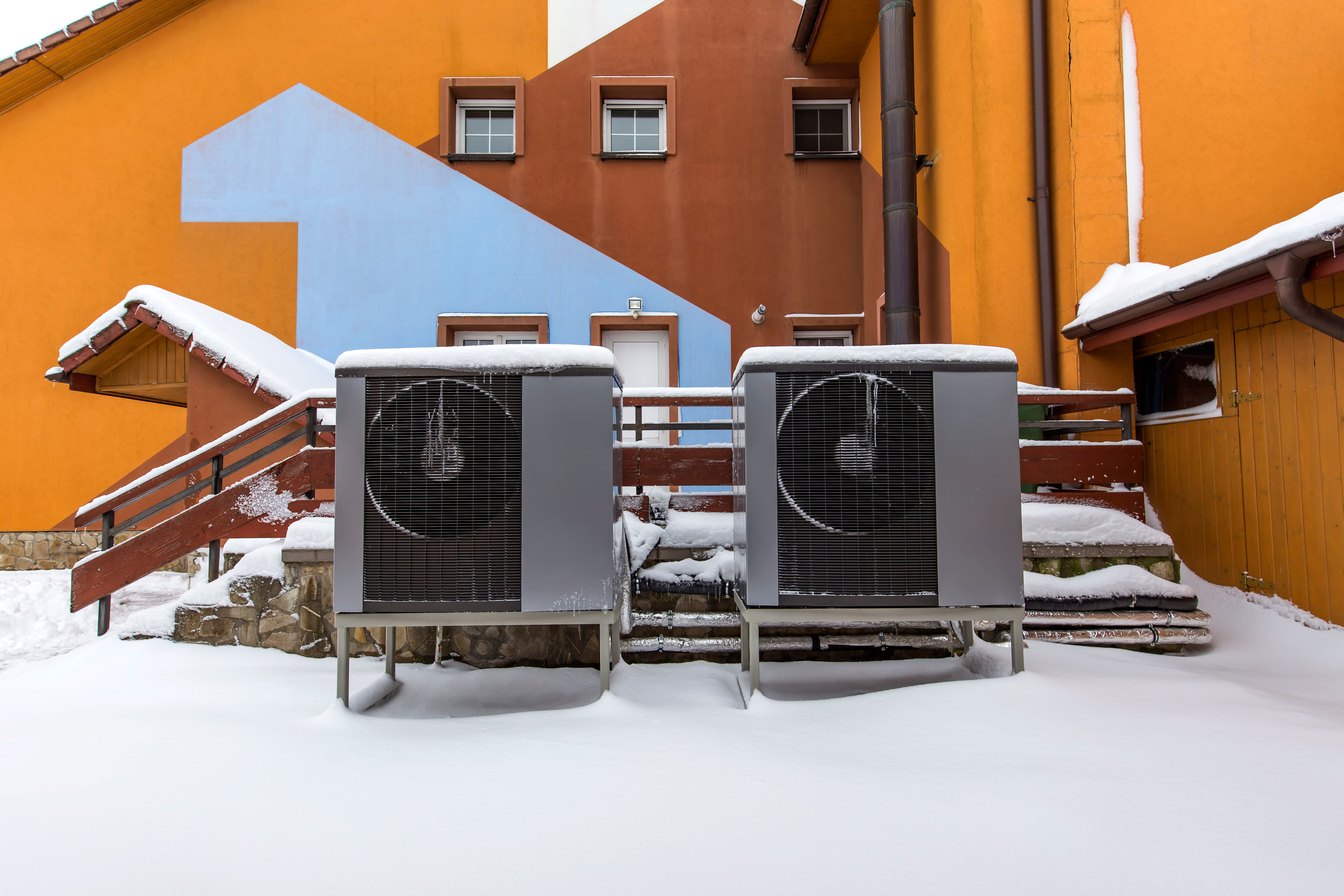
Oh no, it’s freezing where I live! Can I not join the heat pump club? 😔
Fear not, my frigid heat-pump-seeking friends! You can still make a heat pump work for you. Air-source heat pumps are the cheapest and the most common type of heat pump because they have the simplest installation process, but they are more likely to require that extra energy to run during the winter, because air doesn’t store thermal energy all that well.
Water-source and ground-source are understandably trickier to install, making them more expensive, but they offer more energy savings in the long run because water and earth tend to have higher and more stable temperatures than air.
So, they may be the better option if you live somewhere with arctic winters.
If you live in a really cold climate and an air-source heat pump is your only feasible option, either because of cost or lack of access to a water or ground source, there is still hope!
There are “hybrid” heat pumps that have a built-in plan B: a secondary, fossil-fuel-based heat source that can pick up the slack when the weather gets rough. Other models use electric resistance heating to provide supplemental heat in case of extremely low temperatures.
There are also relatively inexpensive ways to improve your home’s ability to retain heat that can make up for the increased electricity needed to run an air-source heat pump in cold weather.
Improving your home's insulation, installing better windows, sealing air-cracks, and investing in smart thermometers that automatically turn your heat pump on and off as needed can vastly decrease the amount of overall energy needed to heat your home.
In fact, these sorts of home improvements combined with a heat pump can cut your annual electricity use in half, and can reduce that winter peak in demand to ⅔ its normal height.
Phew. Anything else?
It’s worth mentioning that most refrigerants are pretty aggressive green-house gasses, and they can do even more damage to our climate than carbon dioxide (though they don’t in practice, because they are highly regulated and emitted so much less).
Regularly checking your heat pump for leaks is pretty important, as is making sure it is properly recycled if it is ever put out of commission.
But before you go questioning the environmental benefits of heat pumps, let me reassure you that even the leakiest of leaky heat pump produces 20% less greenhouse gas emissions than home heaters that use fossil fuels. In countries that rely on more renewables, the worst heat pumps emit as much as 80% less greenhouse gasses than their fossil-fuel powered alternatives.
So they still get a thumbs up from good ol’ mother nature. 🌎 👍
Want a heat pump of your own? Wildgrid's planning tool can help you find one!
